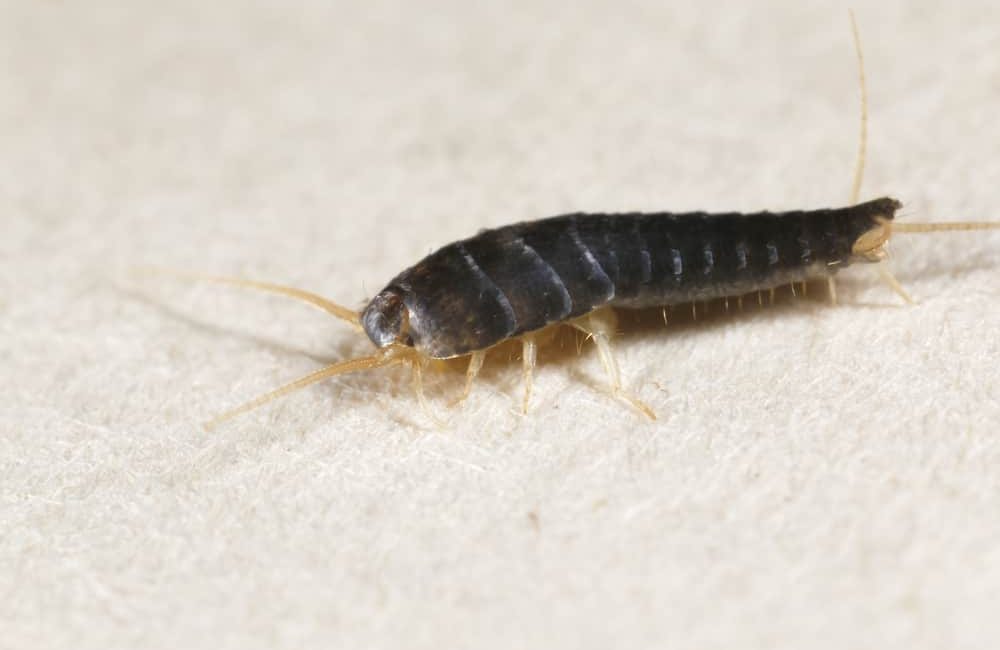
Do you have a silverfish problem?
If so, then contact us today and arrange a visit from one of our expert pest control technicians.
We will aim to get back to you as soon as possible.
We will aim to get back to you as soon as possible.
Our pest control experts have the knowledge to correctly identify and treat silverfish effectively.
Silverfish need damp conditions to thrive, so the principle control tactic for a silverfish infestation is to dry out all infested areas so that they are unable to reproduce and develop successfully.
Unfortunately, this doesn’t provide an immediate fix as the drying process can take months or even longer.
If so, then contact us today and arrange a visit from one of our expert pest control technicians.
Book an appointment with Vergo today to prevent your silverfish problem getting out of control at your home or business.
Our qualified team of technicians are all professionally trained and certified to be able to provide you with solutions that will solve your ant issue as quickly and efficiently as possible. Vergo is a certified BPCA member, offering the British Standard for Pest Management.
Silverfish are small, wingless insects with a silvery-blue appearance and a fish-like shape and movement. They are nocturnal and thrive in dark, damp environments. While silverfish do not bite or transmit diseases, they can damage books, wallpaper, fabrics, and stored food by feeding on starches and cellulose.
Signs of a silverfish infestation include seeing these fast-moving, silvery insects, particularly at night, or discovering small holes or yellowish stains on papers, fabrics, wallpaper, and even food packaging. You may also find their molted skins or droppings, which look like tiny black pepper grains.
Silverfish are drawn to moist, humid environments and prefer temperatures between 20-25°C (68-77°F). They are commonly found in bathrooms, basements, kitchens, and storage areas where there is plenty of food for them, such as paper, cardboard, fabrics, and even certain dry foods like cereals.
To prevent silverfish, reduce humidity levels in your home or business by fixing leaks, using dehumidifiers, and ensuring proper ventilation in damp areas like bathrooms and basements. Store food in airtight containers, regularly clean and vacuum to remove food sources, and avoid storing books and papers in humid areas.
If you spot silverfish, reduce moisture in the affected area and eliminate potential food sources. Regular cleaning and vacuuming can help prevent their spread. For larger infestations, it’s advisable to contact a professional pest control service to fully inspect and treat the area.
Do you have a pest or property care problem?
We're here to help.